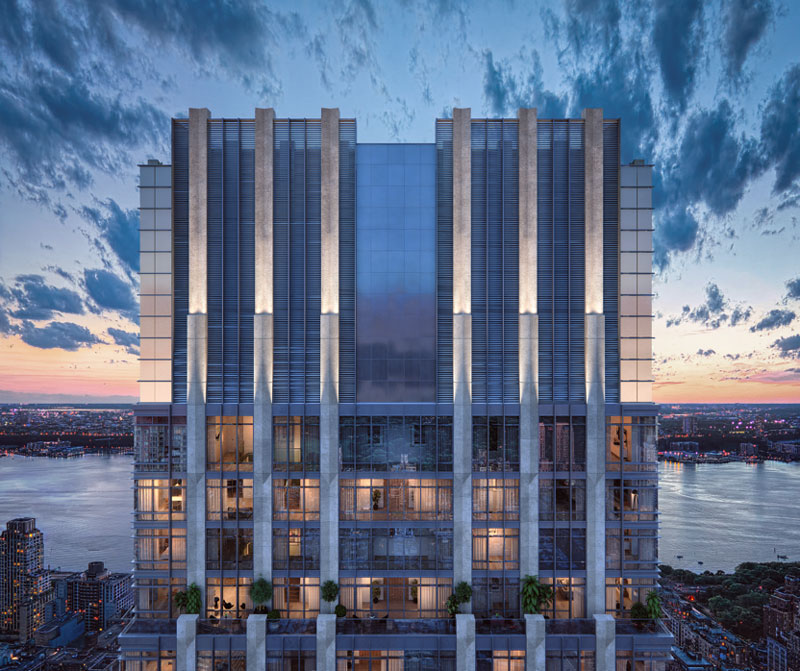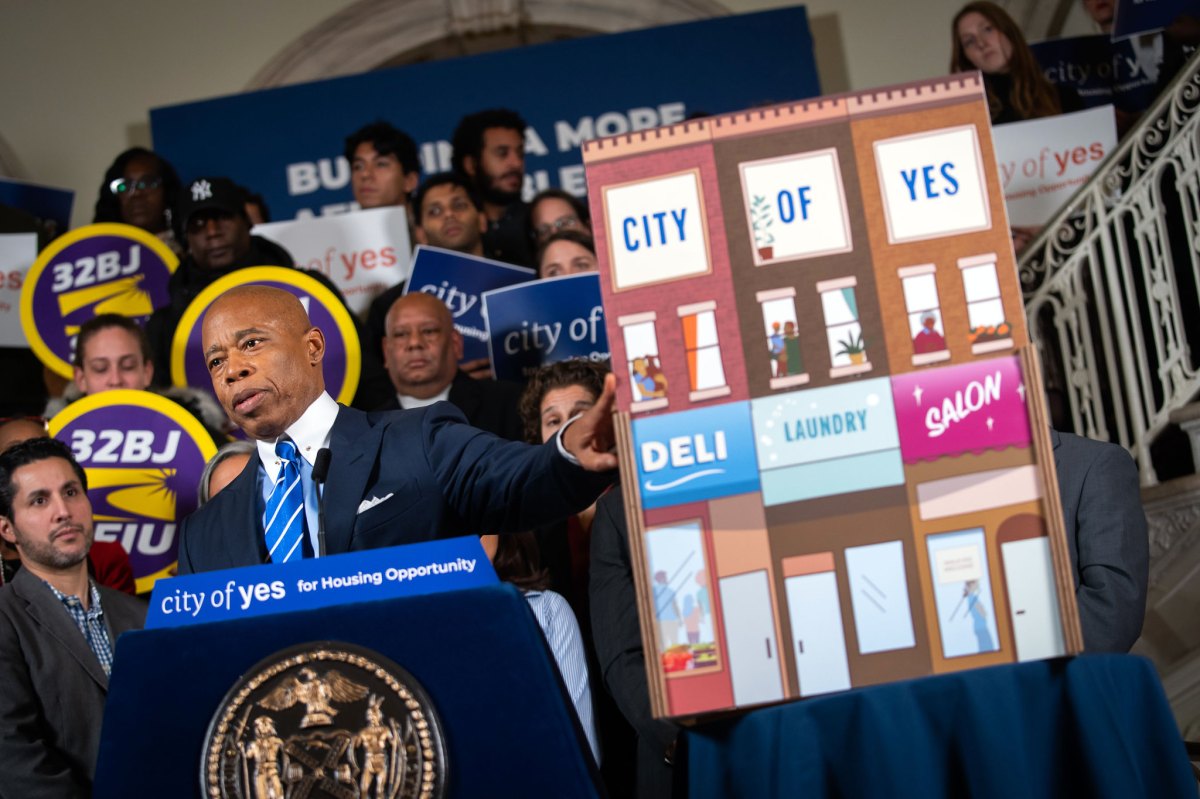BY ALEJANDRA O’CONNELL-DOMENECH | A New York Supreme Court judge on April 30 denied a preliminary injunction that would have temporarily halted construction on the 51-story tower project at 200 Amsterdam Ave.
“One floor is going up every three or four days,” said Rachel Mazur, a fellow in urban land-use law at the Municipal Art Society. Along with M.A.S., the Committee for Environmentally Sound Development is suing the Department of Buildings, the Board of Standards and Appeals and the developers, Amsterdam Avenue Redevelopment Associates.
On March 15, Justice M. Franc Perry overruled the city’s decision to grant a permit for the 668-foot building, at W. 69th St., and ordered the B.S.A. to go back and re-evaluate the permit.

But the decision did not result in a stop-work order or a temporary restraining order like the nonprofits, community and local politicians wanted. But opponents were hopeful D.O.B. would halt the construction as the permit was re-evaluated. But construction did not stop.
Opponents argue the future skyscraper sits on a zoning lot illegally configured to allow a larger tower than zoning permits by cobbling together development rights from portions of neighboring properties. The Committee for Environmentally Sound Development argues that this goes against a zoning resolution that requires the combination of whole tax lots, according to reporting from 6sqft.
Residents and local politicians Councilmember Helen Rosenthal and Borough President Gale Brewer believe that the massive building would negatively impact the quality of life. The tower would block sunlight and represent “Midtown creep” in the residential area.
The two current development partners were not responsible for creating the shape of the lot. The companies bought the site from the previous owner in 2015. According to JPJ Properties, one of the partners, 200 Amsterdam Ave. fully conforms with all zoning laws upheld by the two city agencies responsible for interpreting them, D.O.B. and the B.S.A.
“The opposition has resorted to applying political pressure while overlooking the last 40 years of zoning history, during which several buildings have been built and occupied under the exact same zoning standards,” a JPJ representative said in an e-mail.
The representative went on to say that the company hopes the city agencies will continue to enforce the law in a fair manner and not change rules retroactively.
The JPJ rep said that 200 Amsterdam Ave. will be good for the neighborhood since it will generate more than $7 million annually in property taxes and more than $40 million in transfer and mansion taxes.
“Add it up and it’s over $100 million over 10 years,” the spokesperson said.

































